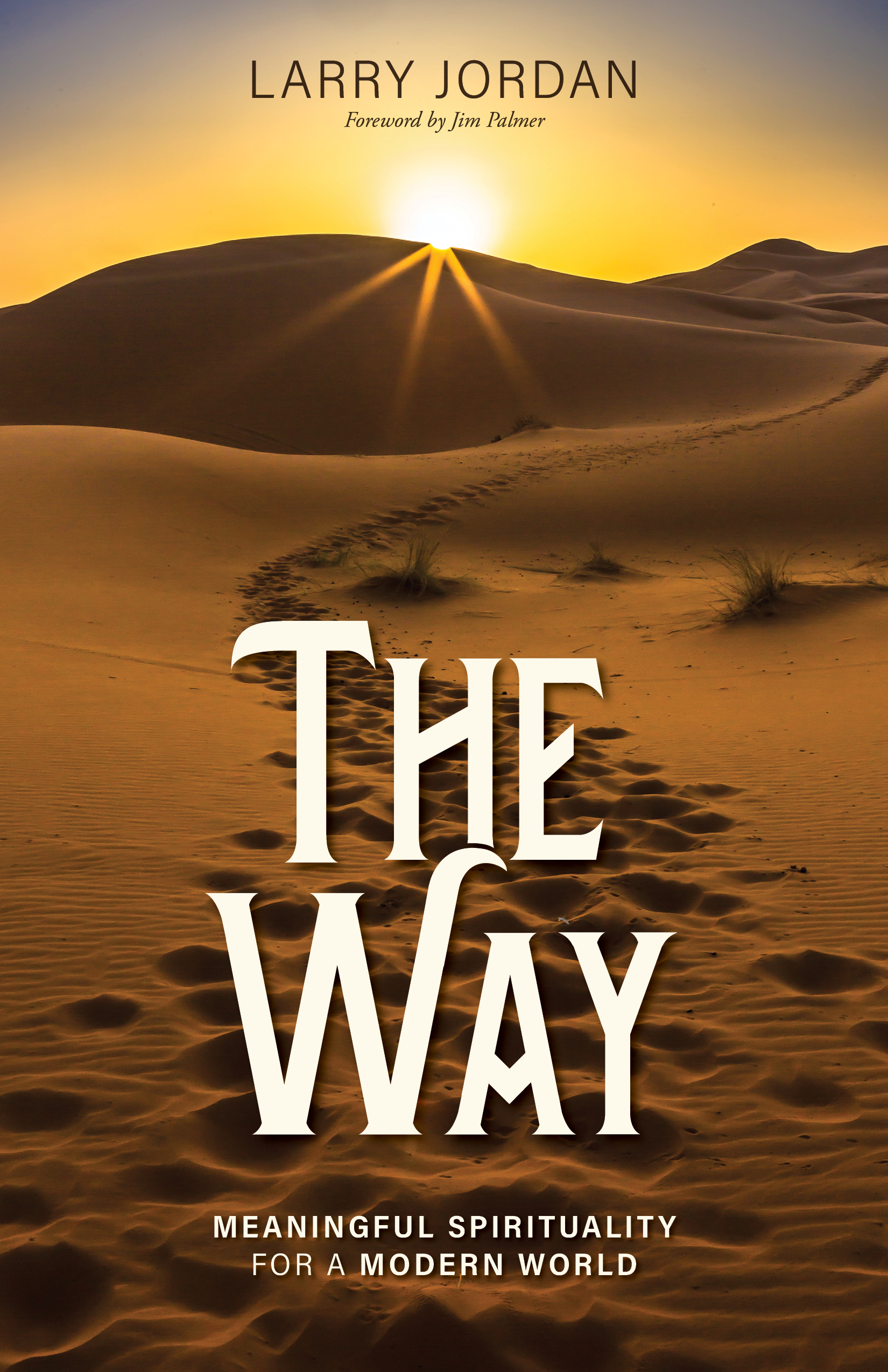How Do You Know?
We do not "know" as much as we think that we know, so there are a few questions that I ask myself to clarify the difference between believing something and knowing something.
I spend some time talking with people who hold different beliefs. "How can you know that?" they ask. I don't know it, I believe it, and it's not the same. "How can you believe something you don't know?" Well, if I knew it, I wouldn't say that I believe it, I would say that I know it.
At the other extreme, someone might say, "How can you NOT know that? It's obvious." I don't know it, I may or may not believe it, and it's not the same. Well, if it were obvious, then we would all know it. All religion is cultural, all theology is speculation, and reasonable people can disagree.
Talking with the extreme unbeliever or the extreme believer, the difference between believing and knowing becomes important, and those (at both extremes) who confuse beliefs and facts can seem arrogant and dismissive, which leads to my first question, "How do you know?"
In the book, I explain that if we "know" something because we rely on an inerrant scripture or an infallible leader, then our "knowledge" is not real knowledge, because it is based on our belief in inerrancy or infallibility. If our belief is missplaced, then our "knowledge" might not be correct.
If we "know" something because we rely on an expert, then our "knowledge" is not real knowledge, because it is based on our belief in that expert. There are many times when one expert dissents from the majority and some times when the dissenting view, not the majority view, might be correct.
If we "know" something because we experience it, then our "knowledge" may not be real knowledge, if it cannot be documented or replicated for an observer or if it is subject to interpretation.
If I say that I saw God, then I might have a difficult time convincing you that I did, and you might have a difficult time convincing me that I did not. Further, even if we could agree that I had an experience, how would either of us really know whether I saw God or something else?
Ultimately, we have to consider the issue, weigh the evidence, and use our heads and our hearts to make sense of things. Admittedly, this is pretty subjective, but it is the best that we can do, which leads to my second question, "How does that work?"
For example, when I consider the issue and weigh the evidence, I am not convinced that I have a soul. It's OK. I am not convinced that anybody has one. The idea of a soul began as a philosophical concept, not a religious concept.
Aristotle believed that plants had souls to govern growth, animals had souls to govern sensations, and humans had souls to govern thought. Now, we know that these are all natural processes that do not require any supernatural assistance.
Where is my soul? What does it do, if it does not control my breath or my movements or my thoughts? Is a soul like a finger, so that some of us have missing ones, and some of us have extra ones?
Where did my soul come from, and where will it go? How does my soul enter and exit my body, and how does it survive the death of my body and my brain? If my soul is my "essence," what exactly is my essence without my body and my brain?
Julien Musolino, a psychology professor who wrote The Soul Fallacy, explains: "Notice that the conclusion, if we want to be intellectually honest, should not be that there is no soul, but rather, that there are no good reasons to believe that we have souls, and that there are very good reasons to believe that we do not have souls."
Musolino compares the soul to the emperor's new clothes, which leads to my third question, "Would the world look any different if you were wrong?" In a previous post, I said, "Let's assume that there is no God, there are no rules, there is no purpose, we have no souls, and we have no free will."
Q: What would such a Universe look like?
A: That Universe would look EXACTLY like this Universe.
I am not absolute about any of my beliefs, and my tagline is "You Might Be Right," so that is not to say that all of the above statements are true, but it is to ask what is the basis for believing in God or rules or purpose or souls or free will, if the Universe would look EXACTLY the same with or without them?
What do you believe? What do you know?

